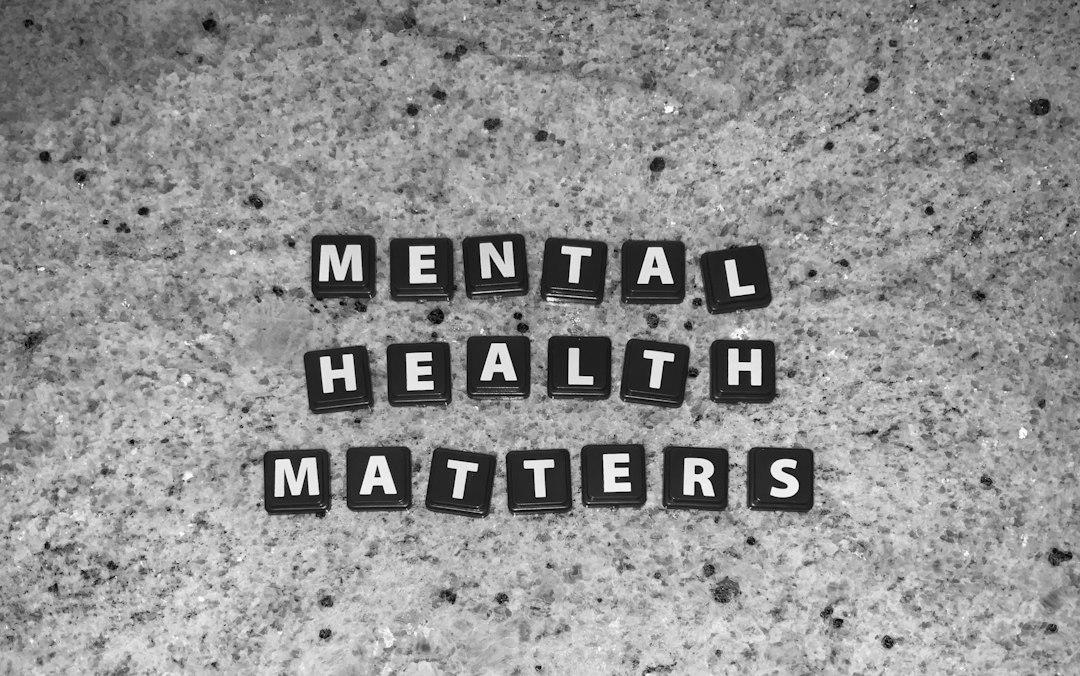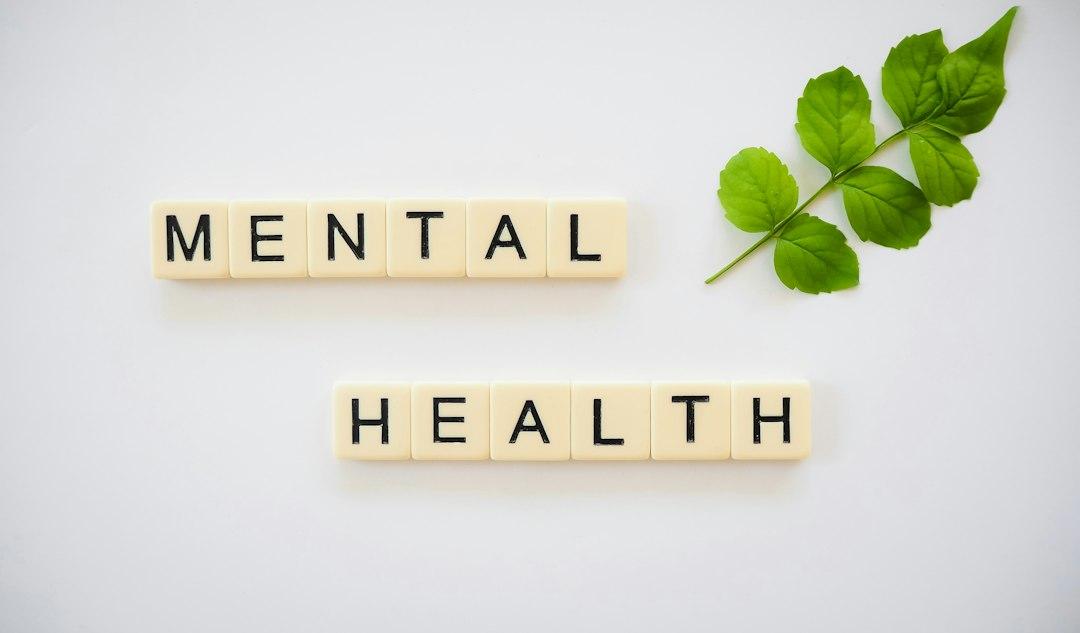Self-awareness matters for mental health
Ideas, facts & insights covering these topics:
10 ideas
·2.71K reads
16
2
Explore the World's Best Ideas
Join today and uncover 100+ curated journeys from 50+ topics. Unlock access to our mobile app with extensive features.
Understanding Emotions
Without understanding our emotions, it can be difficult to take control of them and maintain good mental health. Many people struggle to identify and manage their feelings, which can lead to emotional difficulties that contribute to mental health issues.
In order to be self-aware, it is important to:
- Recognize and understand one's own emotions
- Identify and manage feelings
- Understand how emotions can contribute to mental health issues
26
444 reads
Coping Mechanisms
Self-awareness is key to form healthy coping mechanisms. Without it, people may turn to harmful behaviors to deal with stress, affecting their mental well-being.
- Develop self-awareness to form effective coping mechanisms
- Avoid maladaptive behaviors and find constructive ways to deal with stress
- Don't overlook the importance of mental well-being
25
379 reads
Identifying Triggers
Self-awareness is important for recognizing stress, anxiety, or other mental health issues. Without it, understanding and addressing the problem can be challenging.
- Reflect on your emotions and thoughts.
- Notice patterns or situations that cause stress or anxiety.
- Seek support from a trusted friend or mental health professional.
- Practice self-care and mindfulness.
- Be open to exploring and understanding your triggers.
Identifying your triggers is a crucial step towards managing your mental health.
25
312 reads
Relationships
Lack of self-awareness can impact how we interact with others. When we struggle to recognize our own feelings and needs, we may have a hard time communicating with others. This can strain our relationships and potentially harm our mental wellbeing.
- Lack of self-awareness can affect interpersonal relationships.
- Difficulties in understanding one's own needs and emotions can lead to challenges in communicating effectively with others, potentially contributing to relationship stress and mental health issues.
25
250 reads
Self-Esteem and Self-Image
Self-awareness is closely connected to self-esteem and self-image. When people don't have a good understanding of their abilities and limitations, they may have negative thoughts about themselves, which can affect their mental health.
- Self-awareness is linked to self-esteem and self-image.
- Without a clear understanding of one's strengths and weaknesses may struggle with negative self-perceptions, impacting mental well-being.
24
247 reads
Behavioural Patterns
When we are not aware of our actions, our unconscious behavioral patterns can lead to mental health struggles. But by recognizing and changing these patterns, we can bring about positive changes in our lives.
It's important to identify and modify our behavioral patterns
- They can contribute to mental health challenges.
- Being self-aware allows us to understand our actions and make positive changes.
Start paying attention to your behaviors to better understand yourself and improve your mental well-being.
25
227 reads
Decision-Making
Self-awareness is essential for making informed and positive decisions. Without this awareness, individuals may struggle with decision-making processes, leading to increased stress and uncertainty.
24
228 reads
Cognitive Distortions
Lack of self-awareness can cause cognitive distortions, which are irrational thinking patterns that can lead to anxiety and depression.
- Emotional Reasoning: When someone's emotions override their thoughts, leading them to make inaccurate conclusions.
- Black&White Thinking: When someone only sees things in extremes, completely ignoring any gray areas.
- Overgeneralization: When someone takes one instance and assumes it applies to all similar situations, resulting in negative thoughts and behaviors.
It's important to recognize and address cognitive distortions in order to improve mental well-being.
26
211 reads
Improving self-awareness often involves self-reflection, introspection, and sometimes seeking external feedback or guidance. Therapy and counseling can be valuable tools for enhancing self-awareness and addressing mental health challenges associated with a lack of self-awareness. Professional support can provide insights, coping strategies, and a supportive environment for personal growth.
24
210 reads
Self-Awareness for Mental Health
🧠Understanding your thoughts and emotions is crucial for your well-being. Here's how to develop self-awareness:
- Reflect on your feelings and identify any emotions you are experiencing.
- Pay attention to your physical and mental state and how different situations affect you.
- Practice self-care and listen to your body's needs.
- Notice any patterns in your behavior and thoughts and try to understand why they occur.
❗Remember, self-awareness takes time to develop but can lead to positive changes for your mental health.
25
203 reads
IDEAS CURATED BY
ˢᵉˡᶠ-ᵈⁱˢᶜᵒᵛᵉʳʸ φ 𝚙𝚑𝚒𝚕𝚘𝚜𝚘𝚙𝚑𝚢 | ⚖ 𝒑𝒔𝒚𝒄𝒉𝒐𝒍𝒐𝒈𝒚 𝚿 | ѕριяιтυαℓιту 𖦹 + 𝕹𝖚𝖒𝖊𝖗𝖔𝖑𝖔𝖌𝖞 🌟💫✨𝓗𝓸𝓵𝓵𝓸𝔀 𝓓𝓮𝓯 ✨💫🌟 Thinker | Seeker | Dreamer | Learner
CURATOR'S NOTE
Lack of self-awareness can indeed contribute to mental health challenges. Here's how
“
Similar ideas
2 ideas
7 ideas
How Self-awareness Matters For The Simple Things In Your Life
ayojadiproduktif.blogspot.com
8 ideas
Read & Learn
20x Faster
without
deepstash
with
deepstash
with
deepstash
Personalized microlearning
—
100+ Learning Journeys
—
Access to 200,000+ ideas
—
Access to the mobile app
—
Unlimited idea saving
—
—
Unlimited history
—
—
Unlimited listening to ideas
—
—
Downloading & offline access
—
—
Supercharge your mind with one idea per day
Enter your email and spend 1 minute every day to learn something new.
I agree to receive email updates

